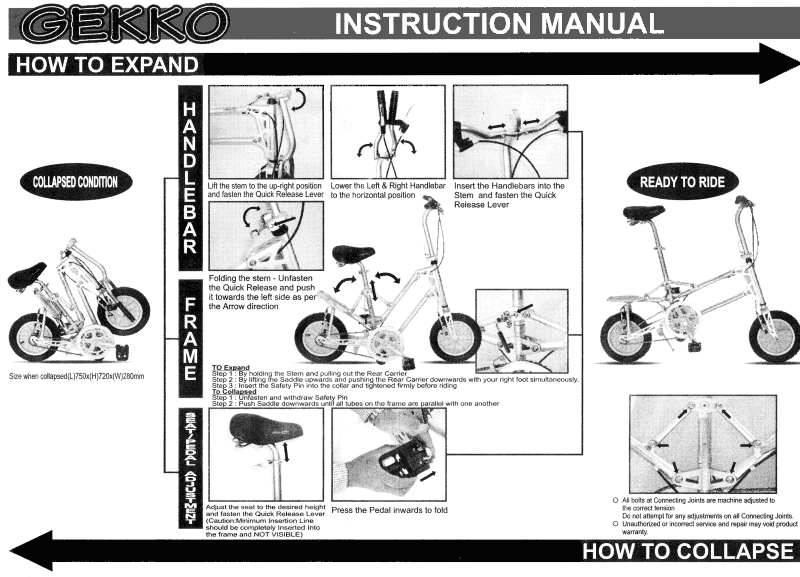 Just like Katie showed Cicero's De Inventione as the speech on training wheels, and his De Oratore as a normal bike ready to race, I too feel like De Oratore is the next step for Cicero in his career. In my opinion though, De Inventione was the instruction guide to how Cicero wrote De Oratore.
Just like Katie showed Cicero's De Inventione as the speech on training wheels, and his De Oratore as a normal bike ready to race, I too feel like De Oratore is the next step for Cicero in his career. In my opinion though, De Inventione was the instruction guide to how Cicero wrote De Oratore.Just like Aristotle wrote Rhetoric to describe the attributes and what it is composed of (subject and adjunct), Cicero does a similar thing in De Inventione which clearly points out and defines the rhetoric terms that we have so far learned in class, as well as adding on some new ones like stasis. When going through the different branches of oratory, the canons of rhetoric, and even some of the special topics of invention he clearly defines them and explains each purpose and when they would be most appropriately used. Using this very informative writing style, I felt as though Cicero made this his instruction guide that he followed when he wrote De Oratore. I am very impressed that at age 20 Cicero understood rhetoric so well, and do such an amazing job explaining it; I could never explain rhetoric nearly as well as he does!
 When Cicero then goes deeper into rhetoric in De Oratore, he uses the foundation principles of rhetoric which he taught in De Inventione. Cicero follows his counsel of arrangement in De Oratore by separating his key points into three different books, making it very organized and understandable to read and follow along. When describing the education and training that must go into good public speaking, I feel that he leans more towards the Sophist's opinion on how powerful rhetoric can be, especially when taught and marketed. In the third book where he talks about decorum and delivery, he follows the basic principles of memory and delivery that he talks about in his De Inventione.
When Cicero then goes deeper into rhetoric in De Oratore, he uses the foundation principles of rhetoric which he taught in De Inventione. Cicero follows his counsel of arrangement in De Oratore by separating his key points into three different books, making it very organized and understandable to read and follow along. When describing the education and training that must go into good public speaking, I feel that he leans more towards the Sophist's opinion on how powerful rhetoric can be, especially when taught and marketed. In the third book where he talks about decorum and delivery, he follows the basic principles of memory and delivery that he talks about in his De Inventione.One main difference between De Inventione and De Oratore that I found was that De Inventione focused more on rhetoric towards the law and the court system, and De Oratore was focused more on rhetoric in the oral nature. It makes sense that De Oratory is based on an oral situation because it is written as though Cicero is in a conversation with his peers.
great post! I loved your comparison of Cicero back to Aristotle. I developed similar ideas in my post. Check it out!
ReplyDeletehttp://rhetoricandcivilization.blogspot.com/2014/10/if-truth-were-self-evident-eloquence.html
I like what you said about the technical differences between the two books; however, I wonder, do you think there is any actual difference? It seems to me that the skills discussed in either book would provide the same results - an ability to orally articulate in a persuasive manner. What do you think?
Good job Brooke!
ReplyDeleteI think you're correct in pointing out that Cicero used what he had learned in school (the context of De Inventione) in many of his works. I think that it was the foundation necessary to have the success in his field. In rhetoric and in life there are correct principles that can act as guidelines that, when followed, help us to succeed. In a way its like the commandments; we see them as rules and follow them because we are supposed to, or like Cicero, we can make these principles a part of who we are and gain ultimate freedom and self mastery.